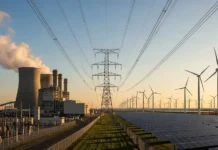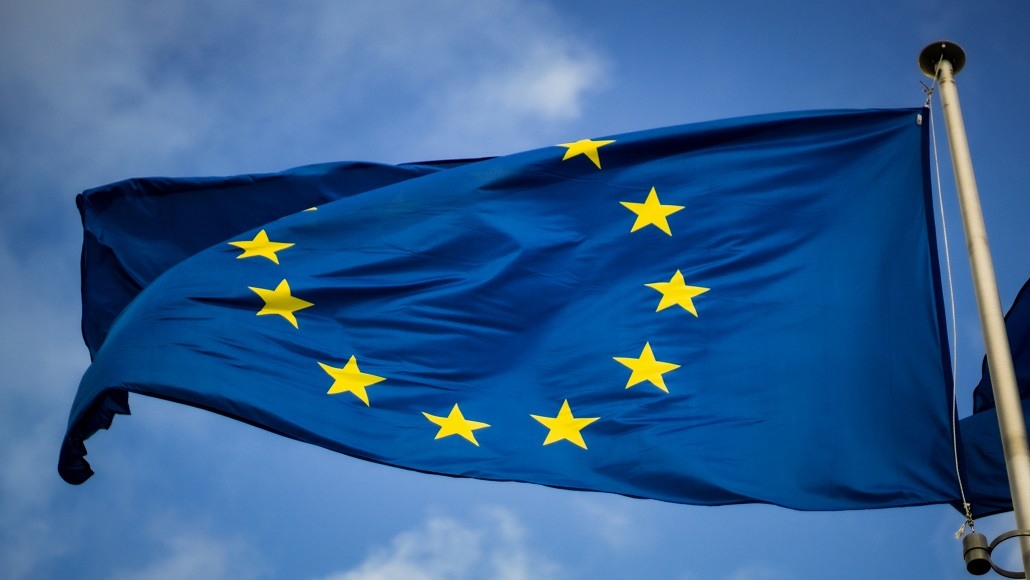The powerful competition directorate of the European Commission is indeed going ahead and blocking a push that would enable the governments to subsidize their production costs when it comes to clean energy technologies, thereby flaring-up the tensions between the EU officials who are enforcing the state-aid rules and the ones who are working on the industry.
The EU competition commissioner, Teresa Ribera, is refusing to exempt any sort of operational cost when it comes to solar panel, wind turbine, and battery producers from the bloc’s strict state aid regime.
This internal battle underscores the EU’s executive struggle in order to navigate the barriers of supporting the emerging technologies in the global race between Europe and China as well as the US, but at the same time also holding firm to its traditional free market approaches when it comes to subsidies.
The rule book on the state of the EU, which is enforced by the commission, happens to be aimed at maintaining a level playing field, given that there are varied member states having different levels of fiscal firepower. Brussels traditionally banned the capitals from subsidizing operational expenses for the industries, saying that it is an unsustainable form of support.
The commission, which has faced the prolonged agony of the industrial base of Europe after it was hit by the COVID-19 pandemic, the Russia and Ukraine war, and increased competition from Chinese rivals Has gone on to pledge to outline more lenient state aid guidance by the end of June 2025.
It is well to be noted that relaxing the state support when it came to operating expenditure was seen as a very crucial element of the revised rule. The French Commissioner for Industry, Stephane Sejourne, along with other officials working on the climate and energy policy, is pushing for its inclusion so as to shore up the industrial base of the EU and meet the climate targets.
One of the officials remarked that the challenge is not one company going from one EU state to another. It is the fact that it might relocate itself to China or the US.
The executive director of the non-governmental organization named Transport & Environment, William Todts, said that this is going to be Europe’s last chance to go ahead and build a battery supply chain that is not dependent on China. And the only thing that they have to do is just change the way the state aid is given.
Apparently, a cross-party group of EU lawmakers has also voiced concerns in a letter that was sent to Ribera. The member states should be allowed to design a transparent, predictable, production-based scheme when it comes to clean tech manufacturing sectors of strategic significance and common European interest.
However, the competition directorate, along with Ribera, has also remarked on skepticism when it comes to the advantage of such a kind of move by way of arguing that it does not set correct incentives for companies to be competitive.
As a matter of fact, they are also opposed to the efforts to include resilience criteria, which are aimed at pushing governments so as to prioritize European companies – a long-standing French effort critic have gone on to label as protectionist. The team of Ribera argues that it is not possible to force the member states to go ahead and prioritize European goods by way of state aid rules.
One of the officials from the team of Ribera said that a commission was working extremely hard to make sure that the objectives of the bloc’s clean industrial policies get effectively supported due to the revised state aid rules. Interestingly, all the options are evaluated to make sure of full compliance with international and EU laws. There are some officials who have specifically accused Sejourne of driving the push in order to favor the European companies too far.
It is well to be noted that the stance by Ribera is supported by numerous small member states, which have indicated that they are also opposed to the production support. But the industry groups have said that more support for production is indeed crucial as they try to cope with the high energy costs as well as the costs of compliance along with EU green rules, all of which are simultaneously trying to compete with far more generous subsidy regimes that are present across the US and China.
The director of Clean tech for Europe, the industry group, Victor van Hoorn, said that you are required to learn why the US Inflation Reduction Act had been so very successful when it came to drawing capital investments, even more so in the present environment of ever-fierce geopolitical competition.
van Hoorn has gone on to warn that if they don’t make use of their full arsenal of policy tools, which includes production-based support, the EU is indeed going to struggle in order to meet its own clean tech manufacturing objective of 40% by the end of the decade.










































